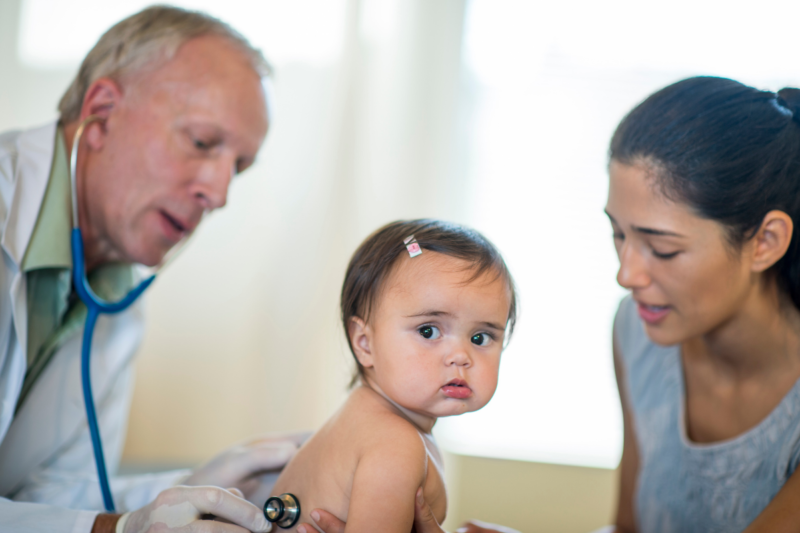“What to do when you lose your health insurance plan” is a headline we’ve become too familiar with over the past year — especially in Texas with an unemployment rate still more than double pre-pandemic. While helpful as a starting point, articles that discuss where to look if you’ve lost your insurance typically fall short in discussing the pros, cons, and nuances of the options out there.
Consumers must understand all options when it comes to their health. Medical cost sharing and Direct Primary Care, or DPC, are two that many don’t know about, or worse — have false preconceived notions about their structure and benefits.
As a physician who worked in both private and government systems, I knew early the system doesn’t work the way it should. I quickly saw that, unfortunately, patients were seen as transactions — the faster you were, the more volume of patients you could take. Primary care and Urgent Care facilities became cash funnels for transfers to corporate-owned emergency rooms or specialty referrals. It posed a demoralizing tradeoff: give up proper medical practice and meaningful relationships in exchange for profit. This causes worse care for patients and moral injury for physicians. It’s more than just burnout; it’s being forced to practice bad medicine. I knew I needed to change something.
I was unaware of DPC until a friend explained how great it is for his family. DPC is an affordable subscription-based model that allows you to see any primary care physician. Long story short, I took the leap and founded my own DPC practice, Texas Direct Medical Care. I teamed up with trusted medical cost sharing organizations as a next step to complement my practice, which is a community-based, non-insurance option for managing large healthcare costs. For those yearning to be free from the reins of insurance, they can use DPC for primary care and medical cost sharing for higher costs like hospitalizations or surgery.
About 70 percent of all DPC practices have been established in the last four years. This rapid growth does not come as a surprise, likely due to the realization that the average family premium for traditional health insurance has increased by a shocking 54 percent since 2009. Conversely, the DPC model embodies the idea of knocking down the layers of complexity to emphasize your family values, transparency in pricing, and a holistic experience which is what drew me to start a practice of my own. Medical cost sharing organizations embody these same ideals, yet they are often met with more hesitancy due to misconceptions about how they operate.
Many can’t draw the distinction between medical cost sharing and health insurance — they are not the same. Medical cost sharing, if done right, eliminates many problems associated with insurance. It promotes price transparency, provides options, and provides a community. Because our system is broken with skyrocketing costs and out-of-touch care, the core pillar of having no premiums or networks acts as a stabilizer for cost and a facilitator of proper doctor-patient relationships.
Many are also blinded by bad actors. The cost sharing model has been around for a long time — historically as “healthcare sharing ministries” that are centered around religious values. There have been instances where communities have failed to live up to their promises and do not have guardrails in place to protect their members. But like in any other industry, a great idea shouldn’t be defined by those that fail to do it justice.
Also, DPC and medical cost sharing are a great fit for some, but not others. I recommend options on a case-by-case basis, and if it’s not right for somebody, then it’s simply not a fit. But anything that isn’t status quo requires a leap of faith and the more people buy into this model, the more bills can be met.
I recommend everyone consider medical cost sharing because of its promotion of transparency across the healthcare system and the elimination of administrative red tape and surprise billing. Today, there are 1.5 million people sharing needs through medical cost sharing, and more are catching on. But I urge us to continue to debunk myths and educate ourselves on the option that is right for us the Texan way: on our own accord, and no one else’s.
Dr. Cliff Porter is the Founder of Texas Direct Medical Care.
